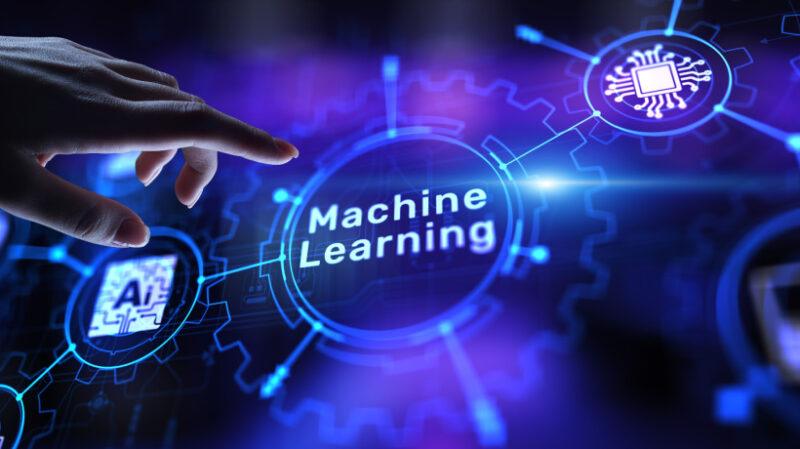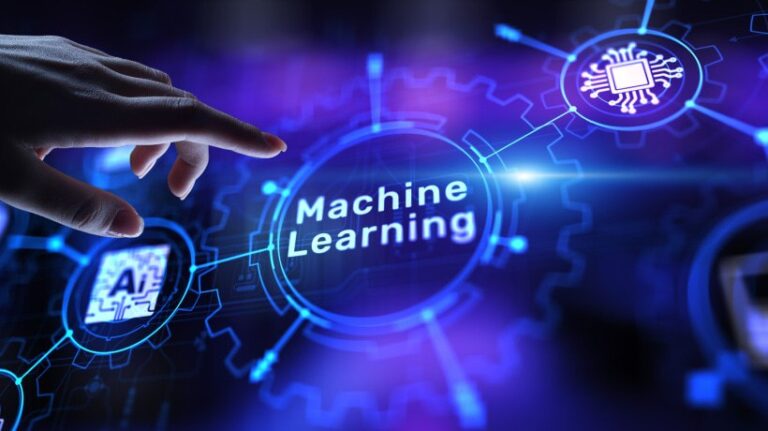
Can technology adapt education to all students?
With machine learning growing in education, the answer is loud. With the help of ML, the use of technology in learning and teaching has changed the way students and teachers interact in the learning process. One of ML’s most important applications in the Edtech sector, Adaptive Learning Technologies is a system that tailors education to the needs of students by monitoring behavior and proposing relevant content.
These technologies apply ML algorithms to modify research content to suit student requirements to determine student abilities, difficulty, and interests. This not only improves student outcomes, but also makes education more effective and manageable. This article explains how machine learning contributes to the development of adaptive learning, its benefits, case studies, and how it is changing the future of digital education.
How machine learning drives adaptive learning in education
Machine learning is a major factor in adaptive learning techniques, using real-time data analytics for personalization and content proposals. Here’s how ML can improve its adaptive learning platform:
Data-driven analysis
The ML algorithm collects data from student platform usage, such as quiz scores, lesson completion time, and participation rate. This data sets the basis for each learner’s model that develops in the course of learning. Personalized content delivery
Based on the data collected, the ML system will re-wash certain concepts to students if it is difficult to change the difficulty of the exercise, recommend other resources, or understand certain concepts. Automatic feedback and ratings
ML-based adaptive learning systems provide feedback in real time, allowing students to understand mistakes and solidify their learning at this time. Predictive analysis
By analyzing patterns, ML models can predict student performance, identify potential students who may fall behind, and propose interventions to improve learning outcomes.
Important Benefits of Adaptive Learning with ML
1. Personalized learning pathways
Traditional education is often versatile, with all learners moving at the same pace. On the other hand, adaptive learning systems personalize content based on the progress of individual learners, so no students are left or restrained in the curriculum.
2. Real-time feedback and evaluation
Rather than waiting for a test score, students receive immediate feedback on exercises and quizzes. This allows you to quickly improve your mistakes and strengthen your knowledge before moving on to new concepts.
3. Enhance engagement and retention
Adaptive learning platforms often include aspects of gamification, such as achievement badges, progress monitoring, and AI-driven tutoring. This interactive approach will motivate you and make learning more engaging.
4. Scalability in Online Education
For schools, universities and corporate training programs, ML-driven adaptive learning allows instructors to efficiently manage large numbers of learners without compromising their personalized experience.
Practical Applications for Adaptive Learning
K-12 and university education
Schools and universities implement AI-driven adaptive learning platforms to widen knowledge gaps and allow students to learn basic concepts before proceeding. Course Marketplace sites use ML to recommend content based on student progress.
Corporate training and upskills
Adaptive learning is used by companies in employee training programs to allow professionals to focus on skills applied to their jobs, while allowing them to learn at their own pace. The AI-driven training module changes dynamically based on employee ratings and performance metrics.
Self-paced learning with AI-equipped tutors
ML-based chatbots and AI tutors provide support 24/7, respond to queries and mentor students through challenging topics. The self-paced eLearning module automatically adapts the curriculum in real time, allowing learners to focus on the areas they need to improve most.
Potential challenges
Adaptive learning has seen rapid adoption, but there are challenges to consider here.
Data Privacy and Security
Because ML systems collect a lot of learner data, it is important that privacy is maintained and adherence to (such as GDPR). Bias in AI Models
When ML algorithms are trained with biased data, they may incorrectly prefer specific learning styles and demographics. Integration with traditional education
There is opposition to AI-based learning systems from some educators who prefer traditional teaching methods. The blended learning model can fill this gap.
Future trends in adaptive learning and machine learning for education
Personalized Learning Assistant with AI
The sophisticated AI tutor provides real-time guidance based on the unique needs of all learners. Neuroadaptive learning
Adjust your learning content in real time using biometric feedback (eye tracking, EEG analysis). Growth in corporate learning
More companies implement adaptive learning to train their employees better.
Conclusion
Machine learning-based adaptive learning platforms are transforming education with personalized, scalable, and data-driven learning experiences. Such a platform improves learner engagement, real-time feedback and learning outcomes. With AI technology simply improving, adaptive learning can be even more refined and bridge the gap between traditional and online learning.


